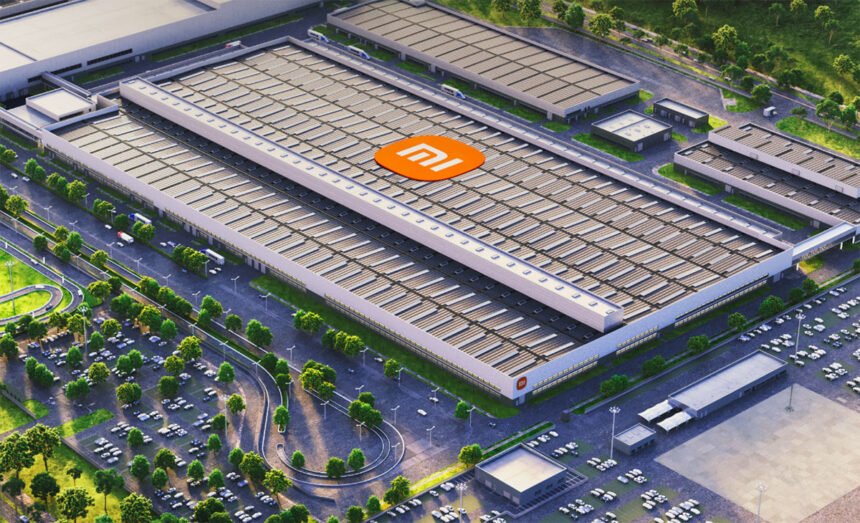A subsidiary of Xiaomi, known as Xiaomi Jingxi Technology Co Ltd, has recently acquired a new land plot in Beijing for RMB 635 million ($88.39 million), which is anticipated to be utilized for the third phase of its electric vehicle (EV) factory. This land plot, situated in Beijing’s Yizhuang area, covers an area of 485,133.91 square meters with a 50-year lease term. It is strategically located adjacent to the first and second phases of Xiaomi’s existing EV factory. The company plans to utilize this new land plot for the construction of a new energy intelligent connected vehicle manufacturing project.
Xiaomi officially ventured into the automotive industry on March 30, 2021, and has been making significant strides in this sector since then. The company signed an agreement with the Yizhuang authorities in late November 2021 to establish a car factory with an annual production capacity of 300,000 vehicles. The factory is being constructed in two phases, with each phase having an annual production capacity of 150,000 vehicles. The first phase of Xiaomi’s EV factory was completed and put into operation in 2023, while the construction of the second phase commenced last year.
According to reports, the second phase of the factory is nearing completion, with on-site construction workers indicating that it is expected to be finalized by mid-June. Following the completion of the second phase, inspections by Xiaomi and the local housing development bureau will be conducted, with formal production slated to commence in July or August. Xiaomi has been making waves in the EV market, with its SU7 electric sedan, which was launched on March 28, 2024, garnering significant attention. The company also introduced the SU7 Ultra on February 27, boasting a maximum power output of 1,548 Ps.
Despite being a newcomer in China’s EV industry, Xiaomi has achieved considerable success, with high demand for its SU7 series. Customers currently face a waiting period of up to 51 weeks for their orders, underscoring the popularity of Xiaomi’s EV offerings. The company delivered over 28,000 units of the SU7 series in May, marking the eighth consecutive month with monthly deliveries exceeding 20,000 units. Xiaomi’s founder and CEO, Lei Jun, announced on Weibo that the company has raised its 2025 annual vehicle delivery target to 350,000 units, reflecting a 16.67% increase from the previous target.
In an effort to cater to consumer preferences, Xiaomi is gearing up to launch the YU7 SUV at the end of June. This model is expected to be a significant addition to Xiaomi’s EV lineup, particularly in a market where SUVs with spacious interiors are highly sought after. The YU7 SUV is set to debut ahead of schedule, with Lei Jun announcing the earlier launch date on Weibo. Xiaomi’s foray into the EV market has been met with positive reception, positioning the company as a key player in China’s rapidly evolving automotive industry.







